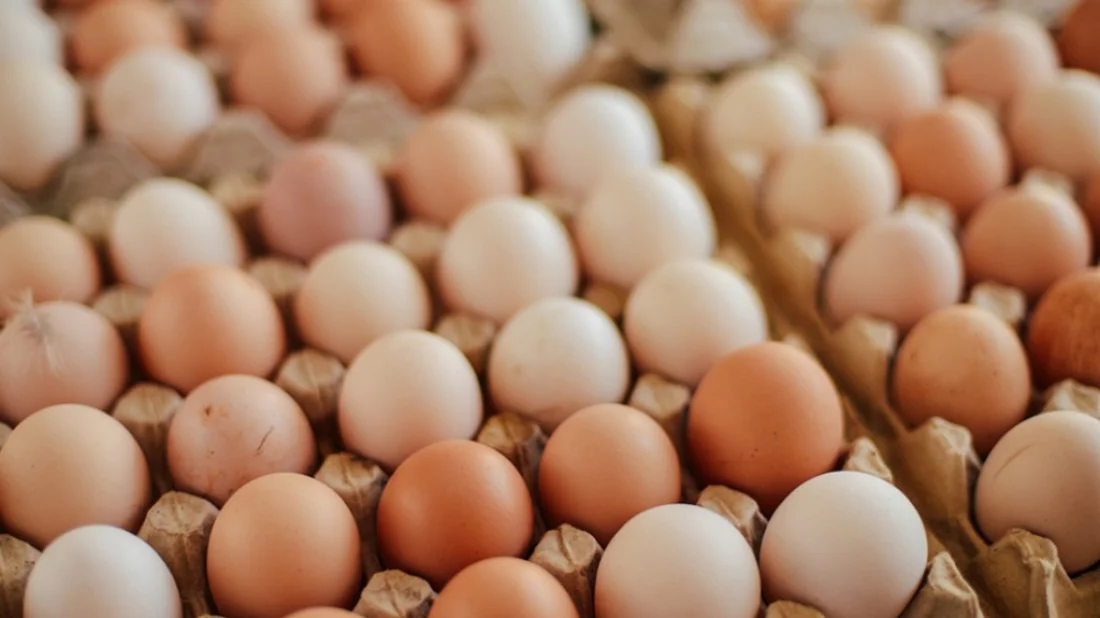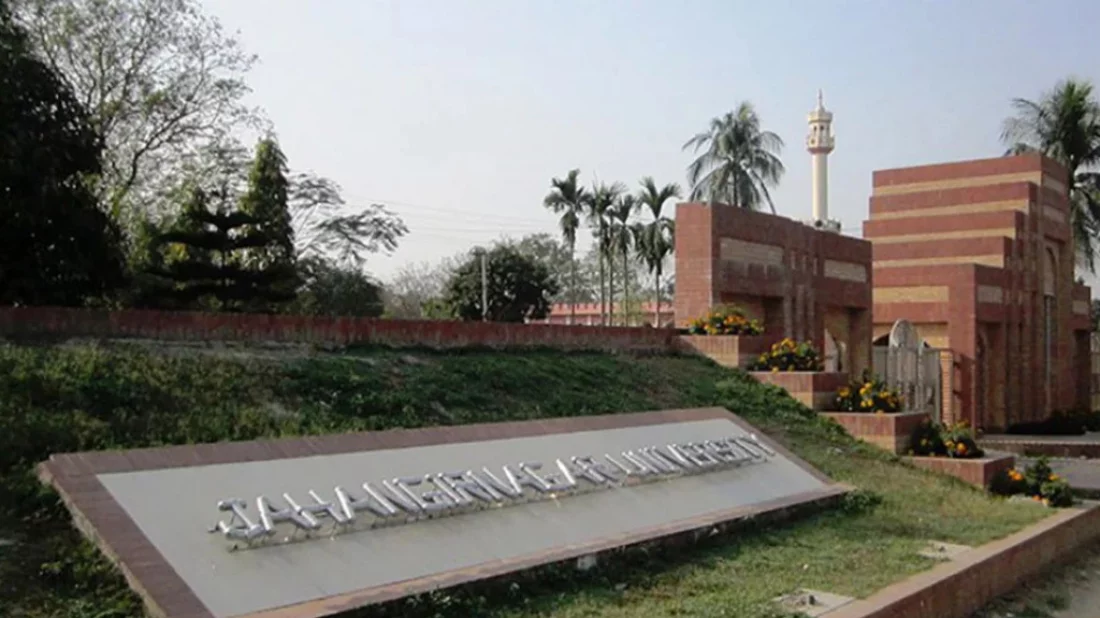
The country's small and marginal poultry farmers have urged the government to revise the unrealistic pricing of broiler chicken and eggs and set fair prices in order to save both them and the industry.
They argued that the Department of Agricultural Marketing has taken into account wrong market analyses and data in fixing the price of eggs at Tk10.50 per egg and broiler chicken at Tk175 per kg at the retail level.
Speaking to Dhaka Tribune, marginal poultry farmers from Dhamrai, Rajshahi, and Kishoreganj said middlemen and big wholesale dealers would benefit the most from the rates fixed by the government. At these rates, farmers will receive Tk0.24 per egg, while middlemen will receive Tk0.56.
On the other hand, farmers will lose Tk25 to Tk30 per kg in the case of broiler chicken.
They demanded that farmers be charged from Tk10 to Tk10.50 for each egg, which would translate to Tk11 to Tk11.50 at the retail level. In the case of broiler chicken, farmers should have to pay Tk75 to Tk80, resulting in Tk200 per kg at the consumer level.
Kawer Ahmed, a poultry farmer from Rajshahi, said if the government does not meet their demands, they fear they will incur losses, and the poultry market will be dominated by multinational companies, leading consumers to pay twice as much.
Arif Mahmud, another farmer from Kishoreganj, blamed a syndicate of large poultry farms, greedy middlemen, and poor government monitoring for the market's instability.
Poultry farmer Selim Hossain from Savar echoed that they have no chance of making enough to support their families if they sell chicken and eggs at the prices set by the government.
Recently, the department set logical prices for 29 products, including chickens and eggs, under the provisions of Section 4(i) of the Agricultural Marketing Act 2018, in a government effort to address price rises.
Speaking on condition of anonymity, a top official of the Department of Agriculture Marketing said the authorities have determined the prices of the products at the producer, wholesale, and retail levels based on the cost of production. Profit is charged at a fixed rate at each stage, and the law specifies allowable profit margins for each product.
Officials of the Department of Livestock also said that to maintain stable supplies and prices of milk, eggs, and meat during Ramadan, prices have been set through the consensus of traders, producers, and all stakeholders in the supply chain.
Leaders of the Bangladesh Poultry Industries Association (BPIA) and other stakeholders argue that while these prices may seem reasonable, in the long run, they will drive marginal farmers out of business and create a monopolistic market for multinational production houses.
BPIA Secretary General Khandaker Md Mohsin said that as production companies scale up egg and broiler chicken production, many marginal farmers will not be able to survive due to reasons that include bank loans, as their costs are higher than those of large companies.
Leaders of the Bangladesh Poultry Association (BPA) said that large poultry farms collectively control prices, often lowering market prices to increase profits and force marginal farmers to conform to their business strategy. As a result, many marginal farmers have migrated abroad because they could not repay their loans.
When asked about the pricing, Masud Karim, Director General of the Agriculture Marketing Department, told Dhaka Tribune that field officials worked tirelessly for three months before fixing the price of the products. The price has been determined by following a scientific method, with a 30-40% profit margin on highly perishable products to benefit marginal enterprises.
However, stakeholders said that these prices were fixed at a meeting between the Ministry of Livestock and stakeholders before the national election in January this year.
During the meeting, representatives of all stakeholders raised questions about and objections to the pricing. For its part, the government requested everyone to have patience, according to sources at the meeting.







